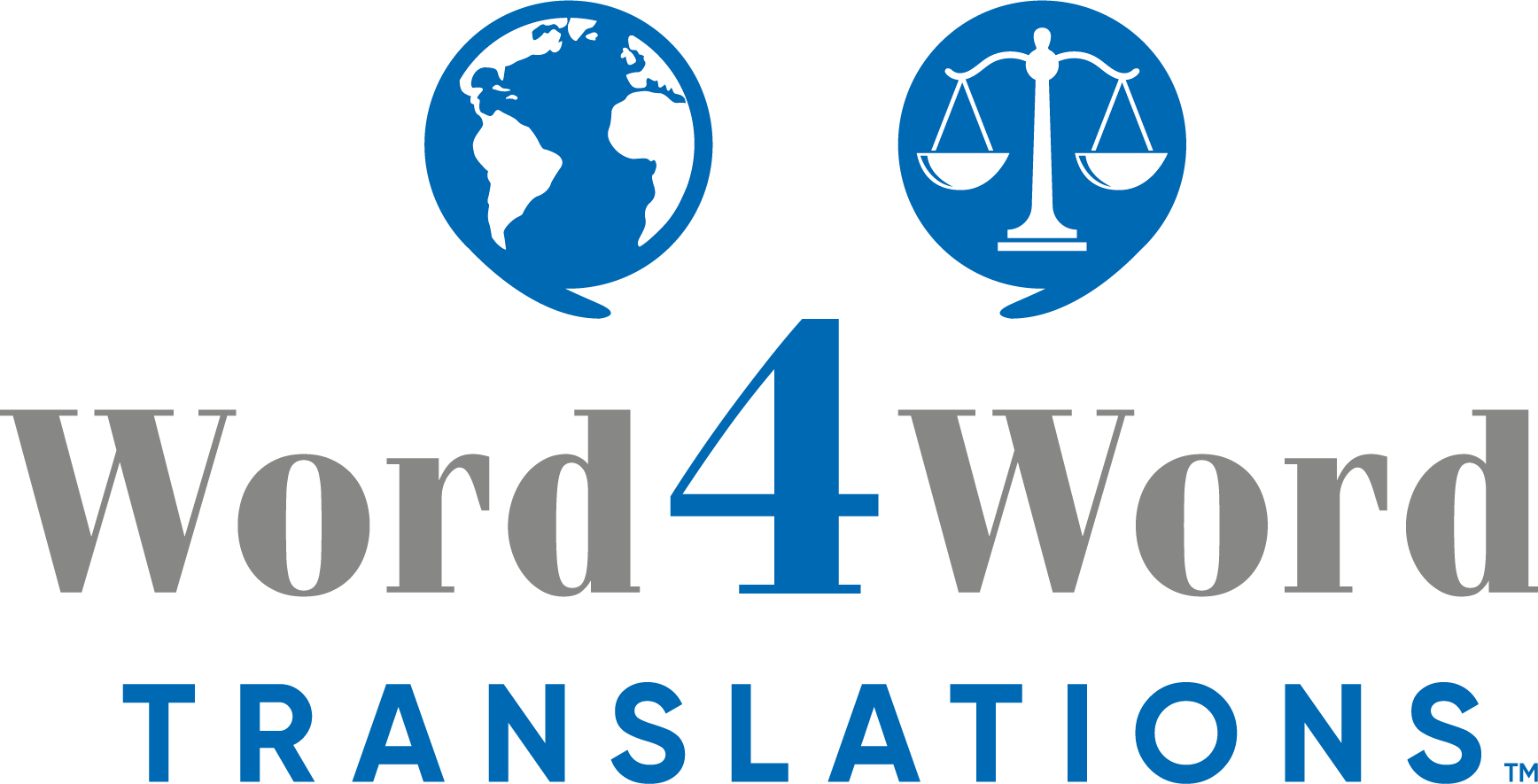Understanding Legal Terminology in Different Languages
A Global Perspective
Understanding Legal Terminology in Different Languages: A Global Perspective
Legal language can be complex and daunting, even for native speakers. When crossing language barriers, understanding legal terminology becomes even more challenging. Legal terms often carry specific meanings that may not translate directly, as they are tied to the cultural, historical, and legal frameworks of each country. This blog explores the nuances of common legal terms in different languages, offering a glossary to help you navigate legal documents or discussions in various linguistic contexts.
The Importance of Legal Terminology in Multiple Languages
Legal systems are built on a framework of specialised vocabulary. Terms like "contract," "liability," or "jurisdiction" have precise meanings that, if misunderstood, can lead to misinterpretation of rights and obligations. When these terms are translated, nuances can be lost or altered. Thus, it's crucial to recognise both the common meanings and cultural specifics when interpreting legal terms across languages.
For example, the word "law" in English is simply translated as "derecho" in Spanish or "loi" in French, but each term reflects different legal traditions—common law in the English-speaking world versus civil law in French and Spanish-speaking countries.
Common Legal Terms and Their Translations
To better understand legal language globally, here’s a glossary of essential legal terms with translations in several major languages:
| English | Spanish | French | German | Chinese |
| Law | Derecho | Loi | Gesetz | 法律 (Fǎlǜ) |
| Contract | Contrato | Contrat | Vertrag | 合同 (Hétóng) |
| Liability | Responsabilidad | Responsabilité | Haftung | 责任 (Zérèn) |
| Jurisdiction | Jurisdicción | Juridiction | Gerichtsbarkeit | 管辖权 (Guǎnxiá quán) |
| Evidence | Evidencia/Prueba | Preuve | Beweis | 证据 (Zhèngjù) |
| Agreement | Acuerdo | Accord | Vereinbarung | 协议 (Xiéyì) |
| Court | Tribunal | Tribunal | Gericht | 法院 (Fǎyuàn) |
| Judge | Juez | Juge | Richter | 法官 (Fǎguān) |
| Plaintiff | Demandante | Demandeur | Kläger | 原告 (Yuángào) |
| Defendant | Demandado | Défendeur | Angeklagter | 被告 (Bèigào) |
Insights for Interpreting Legal Terms
Cultural and Legal Context: Legal systems differ significantly across countries. For instance, common law systems (e.g., in the UK or the US) rely heavily on precedent, while civil law systems (e.g., in France or Germany) are based more on codified statutes. These differences impact how legal terms are used and understood.
False Friends: Words that seem similar across languages can have different meanings. For example, "demandado" in Spanish means "defendant," while "demandeur" in French means "plaintiff." Such subtle differences can cause confusion.
Precision is Key: Legal documents are often written to be as precise as possible, making it essential to use accurate terminology. Misunderstanding a single word can alter the interpretation of a legal text.
Conclusion
Understanding legal terminology in different languages is essential for anyone working with international contracts, legal systems, or cross-border disputes. A grasp of common terms and their translations is the first step in bridging linguistic gaps. When in doubt, consulting with a legal expert fluent in both languages is always advisable to ensure accurate interpretation.
